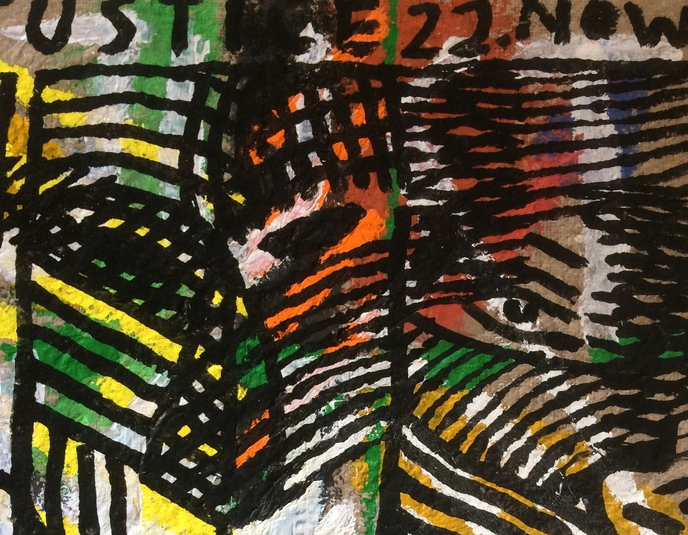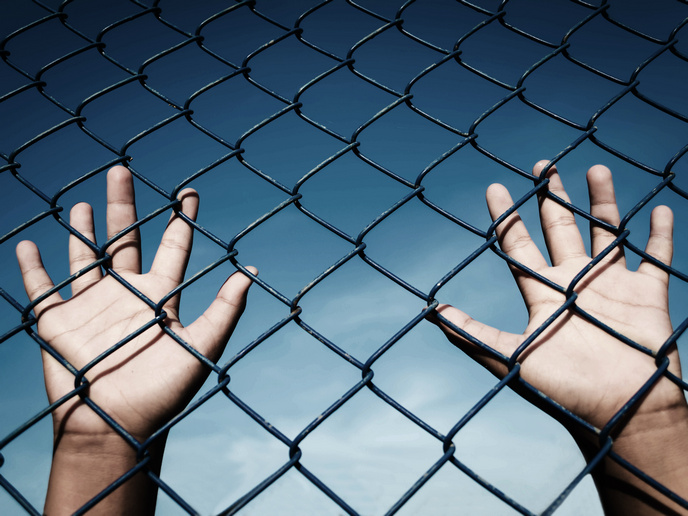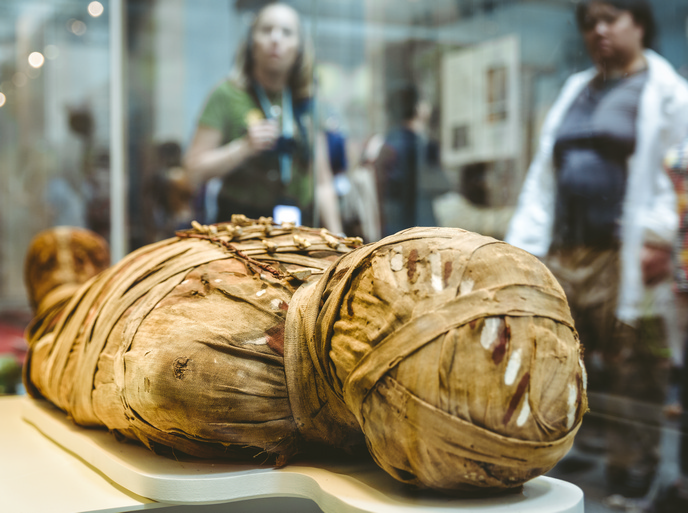Framing Europe’s post-colonial self-awareness
The former African colonies of Belgium, France and Portugal may be gone, but the aftermath of colonisation is still very much a part of the European fabric. This is particularly true for those coming from Algeria, Angola, Cape Verde, the Democratic Republic of the Congo, Guinea-Bissau, Mozambique and São Tomé and Príncipe. Do memories from colonial times, which have been passed from generation to generation, have an ongoing impact on Europe today? How do these memories manifest themselves socially and culturally? These are the types of questions posed by the European Research Council-funded MEMOIRS project. “At the heart of the project is a desire to understand the challenge of living in post-colonial Europe, a multicultural society marked by strong – although often latent – residues of apparently forgotten empires,” says Margarida Calafate Ribeiro, a senior researcher at the University of Coimbra’s Centre for Social Studies(opens in new window) and the project’s principal investigator. With a focus on covering the intergenerational memories of the children and grandchildren of those involved in and affected by the decolonisation process, researchers set out to interrogate Europe’s post-colonial inheritors. Through extensive fieldwork, interviews and comparative analysis, what they discovered was that for those who are ‘children of the empires’, the colonial fact is not relegated to the past but is something that defines present-day Europe.
A part of Europe’s history
During the project, researchers conducted over 160 interviews with second- and third-generation descendants of both colonisers and the colonised living in Belgium, France and Portugal. They also analysed over 200 artistic activities and more than 300 artistic works to understand the important contribution of these memories to the visual and performing arts, literature and cinema. Whereas past research focused on the testimony of those who lived during colonial times, the MEMOIRS project stands out as being one of the first to contemplate colonial heritage in post-colonial times. “These interviews were more than exercises in data collection, they were a chance for the interviewees to see themselves as European social and political subjects,” explains Ribeiro. “Often for the first time, they saw how their transnational family histories are integrated into the history of Europe.” For the artists involved, these interviews were an opportunity for critical reflection, sharing and creativity. In several instances, new collaborative projects developed to shed light on the significance of colonial encounters in framing Europe’s post-colonial self-awareness.
Keeping the conversation going
In addition to providing the kindling needed to light important discussions on post-colonial identity in universities, associations and cultural centres, the MEMOIRS project has also made waves at the political level. For example, not only are many museums reinterpreting their collections to better reflect this identity, some states (i.e. Belgium, France and Germany) are taking responsibility for their often-violent colonial pasts. “Our goal is to keep the conversation going at the political, social and cultural levels, ensuring that these post-colonial stories become seen as part of Europe’s contemporary history,” adds Ribeiro. To do so, the project is working with the Calouste Gulbenkian Foundation(opens in new window) in France and Portugal, the Museum of European and Mediterranean Civilisations(opens in new window) in France, and the Africa Museum(opens in new window) in Belgium to organise a special exhibition that uses the visual arts to reinterpret colonial heritage in post-colonial times. The project is also looking to launch a data base on post-colonial artists in Europe and a podcast based on the interviews of the project.







